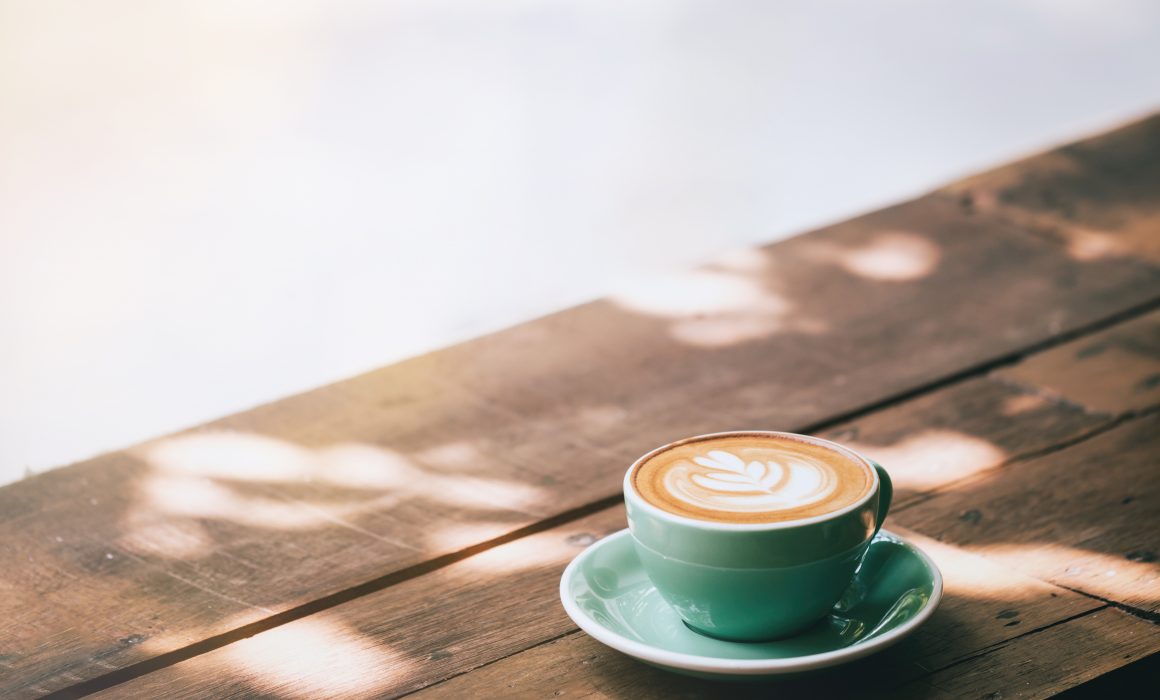To coffee, or not to coffee, that is the question…
Worried that you may need to ‘give up’ your addiction to coffee? Leisa explains that there is more to it than you might think.
The world is in love with coffee. It’s part of our culture, it tastes delicious, and it sure does get that blood pumping! We feel energised, we can focus, and give it all we’ve got; a perfect performance-enhancing solution.
So, how does this differ from the everyday use of coffee as a stimulant and drug (albeit legal)? Modern life is overly busy, hectic, and we are always ‘on’. Coffee seems to – at least, in the short-term – help us get through…but at what cost? What does caffeine do?
Caffeine stimulates neuron activity in the brain, which sends messages to stimulate the release of adrenaline and cortisol. These famous hormones are involved in ‘fight or flight’, otherwise known as the ‘stressed state’, which is great in emergencies. This was particularly useful to our ancestors when faced with a danger, however, in modern-day life, we are often already living in this state unnecessarily.
Of course, as with anything, there are pros and cons. We are not saying you shouldn’t drink coffee, as there is increasing evidence to suggest coffee protects against diseases such as Alzheimer’s, Parkinson’s, Type 2 Diabetes, and liver disease. On the downside, coffee is acidic and can cause indigestion, heartburn, and an imbalance in your gut flora, not to mention burnout from over-stimulation, which can lead to fatigue and undesirable mental health states. Too much caffeine interacts with medications, increases blood sugar levels, increases anxiety, raises blood pressure, and can lead to bone loss. It also depletes the body of magnesium and B vitamins that are necessary for muscle contraction, energy levels, and managing stress.
In short, respect coffee. If you’re going to have it, it’s best not to have when you’re feeling anxious or already in a stressed state. It’s also best to avoid it with nutritious meals (it’s a strong diuretic), immediately after exercise, or before sleep.
If you’re not quite sure if your coffee intake is doing your body more harm than good, or if you have any other dietary/lifestyle questions, drop in and visit Leisa at GHE, or make an appointment to discuss other subtle changes that can have a dramatic impact on your health and wellbeing.





